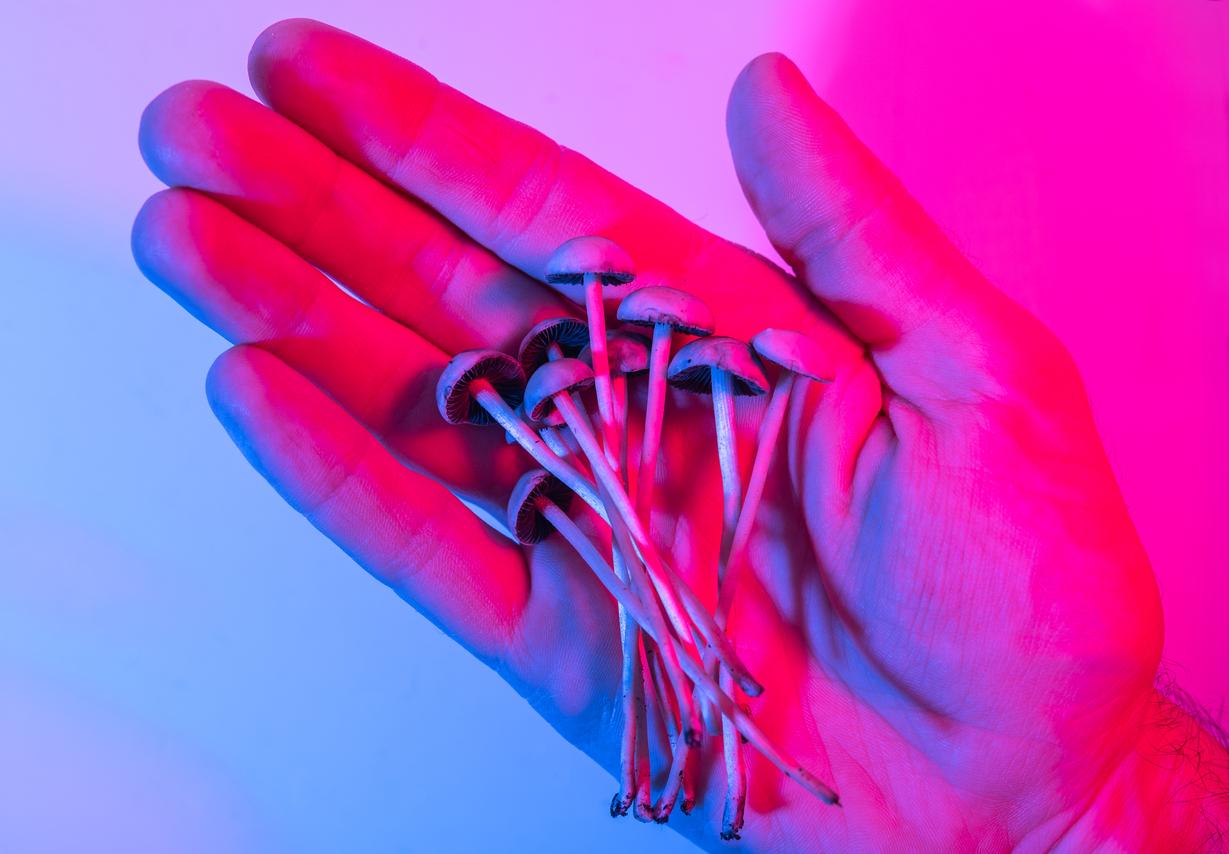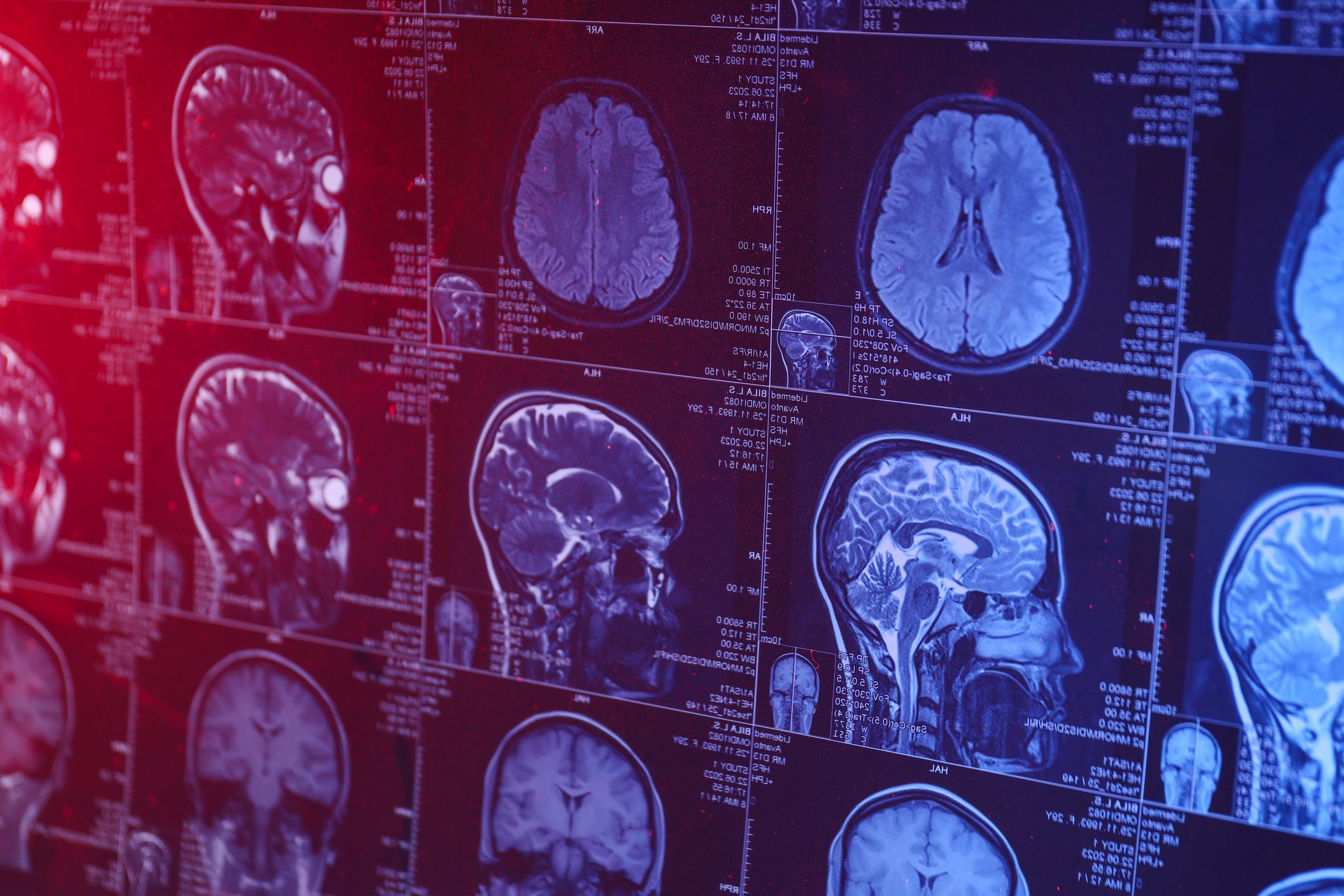This characteristic enhances the curative potential of magic mushrooms for the treatment of certain psychiatric disorders.

- Researchers have analyzed the effect of magic mushrooms on the brain using MRI scans.
- In particular, they found that the default mode network (DMN) becomes radically desynchronized under the effects of magic mushrooms, then largely recovers once the drug has disappeared from the body.
- “This is exactly what you would want for a drug that is potentially intended to treat a mental health problem,” says study author Nico Dosenbach.
In a new study published in Nature, Researchers have observed that magic mushrooms reset the brain.
Impact of magic mushrooms on the brain: a study based on MRI scans
To reach this conclusion, the researchers recruited seven people to take a high dose of psilocybin, the psychoactive compound in magic mushrooms.
Participants also underwent 18 brain MRI scans before and after taking the substance we just mentioned.
Before the experiment began, the study authors found that each person had a kind of unique neural fingerprint that could accurately identify each individual. But immediately after taking psilocybin, the functioning of the neurons became so chaotic that the participants could no longer be distinguished from each other based on their brain activity.
“The brains of people on psilocybin are more similar to each other than they are to themselves,” explains study author Nico Dosenbach in a press release. “Their individuality is temporarily erased. This confirms, at the neuroscientific level, the feeling of disappearance that many people experience when they trip on magic mushrooms,” he believes.

Impact of magic mushrooms on the brain: medicinal potential?
Analyzing all the scans, the study authors also found that the default mode network (DMN) becomes dramatically desynchronized under the effects of psilocybin, then largely recovers once the drug is gone from the body. The default mode network (DMN) controls our cognition and coordinates activities such as daydreaming, introspection, and reviewing memories.
According to the authors of the study, this subtle but lasting desynchronization of brain networks could be at the origin of the therapeutic effects of psychedelics on certain psychiatric disorders such as depression, anxiety, alcoholism or even obsessive compulsive disorders.
“This is exactly what you want for a drug that is potentially intended to treat a mental health problem,” says Nico Dosenbach. “We wouldn’t want people’s brain networks to be obliterated for days, but we also wouldn’t want everything to go back to the way it was immediately. The effect needs to last long enough to make a difference,” he concludes.
















